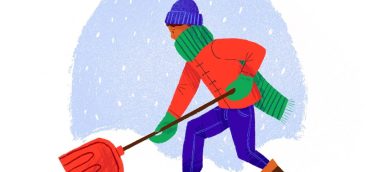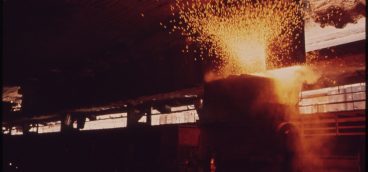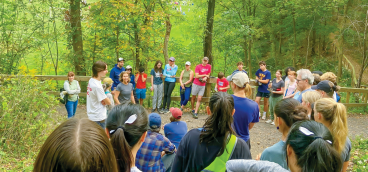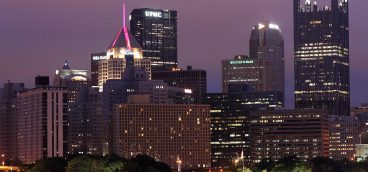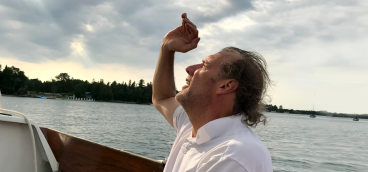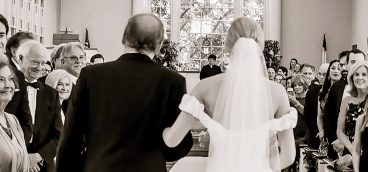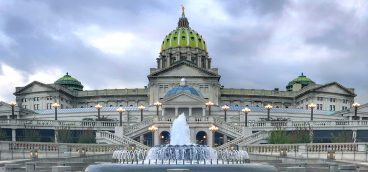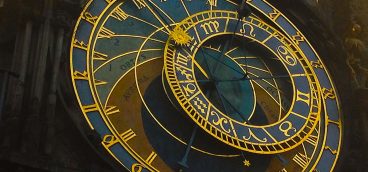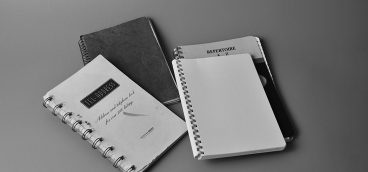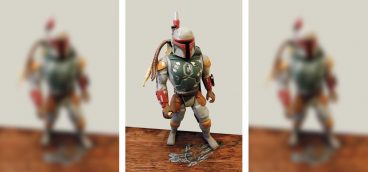Nashville, Pennsylvania
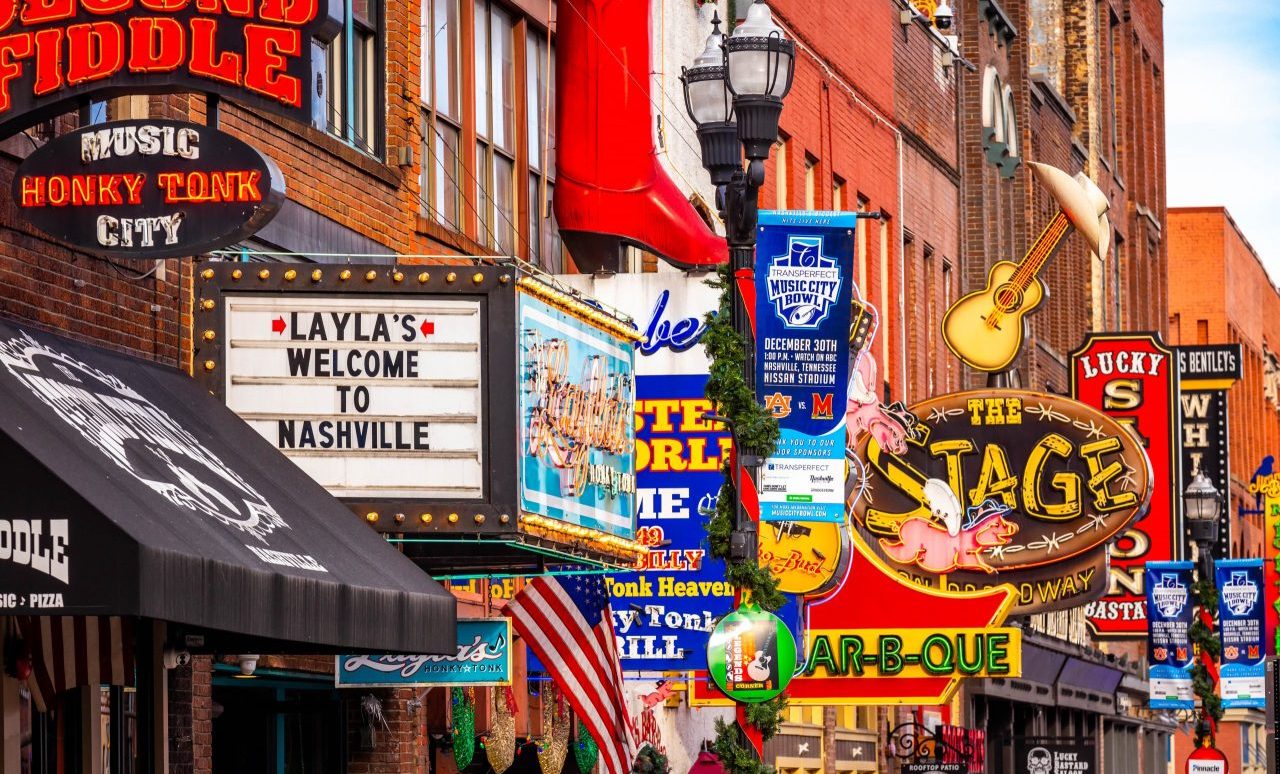
After an 11-year exile to Nashville, Tennessee, I finally woke up smelling Pittsburgh. I woke from dreams of flying through the Conemaugh Gap, inhaling the untouched scent of the Laurel and Cresson mountains surrounding my hometown of Johnstown, and continued across Route 22 to the musky smells of the Monongahela and into the mist of bridges of my longtime adult home. “The Burgh” is poetic and gritty to my senses in deep and juxtaposing ways. So much so that while recently reading the first line of a Gabriel Welsch poem, “How You Use the Weather to Measure Distance,” I felt gutted by its brilliant brevity: “It rained today in Pittsburgh/and of course the world has slowed,” it begins. And I could feel that familiar ache to walk the city’s intricate streets that vibrate with history and to climb its impossible, steep stairs, which most certainly cannot be found in the South.
Most people don’t end up in Nashville by accident. Especially people who’ve penned poems into books inspired by research of every geological pattern beneath the western Pennsylvania topography. The left corners of the Keystone State inspired my poetry collection, The Pattern Maker’s Daughter, which paid homage to my late father’s trade in the mills and the colorful neighborhood of Dale Borough that inspired me to study what lay beneath its cracked sidewalks. If anyone was married to a place and fascinated by it, it was me.
But there I was in the great North/South divide: One moment watering flower boxes on a 1902 Dutch Colonial with a mortgage, and the next suddenly single in a city the tourists dub “Nash Vegas.” It was as though I had gotten caught in the spin of a revolving door, entering for what I thought was a three-week trip to help my singer-songwriter son relocate, and spit out 11 years later, a woman with a cultural identity crisis that feels as disorienting as the day we drove down in a U-Haul and I found out my 22-year marriage was over.
Nashville had been my biblical “Nineveh,” as I touched every last bedspread in my Redstone Lane home before leaving — eerily memorizing the lines of the 100-year-old pegged oak floors where I’d raised two boys into adulthood — and felt a shivering creak from the bones of the house. Did they know I would not be back?
“I’m not even sure I like Nashville,” I told my then husband.
“It’s just three weeks,” he said.
My days blurred with phone calls to lawyers; the nights took my son and me to songwriter rounds, where we were welcomed with microphones, shots, and a beer — the performers reaching me with their three chords and heartbreak. The southern hospitality was so great that it made friendly Pittsburgh look as cold as Philly and made me wonder if people were genuinely being so nice or if we were going to be kidnapped when invited to roadhouses offering free overnight stays for musicians. It sounds cliched to say that I stayed for “music therapy,” but each night hearing of others’ losses in hushed listening rooms — the strains of guitars and keys lifting into the warm air — held me long enough that even though I never said I was staying, I just never went back.
And there was more than a cultural divide: One son was with me in Nashville, chasing music dreams, but the other was still attending Allegheny College, eventually becoming a senior planner for the Steel City. For years, I’d veered between two truths: the “Welcome to Pennsylvania” sign feeling like an old, comforting friend (of course this was home) and the billboards of Kentucky distilleries on I-65 South and their warm whiskey notes promised in the bars of Music City. When people asked for my address, I often replied with “Nashville, Pennsylvania.”
In the purgatory, I carved out a new life of urban core living in Printers’ Alley, the historic publishing district where newsmen once tap-tapped on the typewriters of my brick-walled loft before taking martini lunches in the alley — even during Prohibition — in the underground network of booze, blues, and books for charting notes. As a writer, I felt both unmoored and tentatively reassured. When I looked out my windows, I stared directly into another building with faded lettering: “Blank Book Manufacturers,” it read.
After the improbable realization sunk in that I really did live here, I took on a new identity as a Downtown Nashville insider, a band follower with other moms whose children performed, eventually dabbled as a booker, a freelancer writer, and found myself surrounded by friends who didn’t treat me as though we had a 20-year age gap. Ultimately, I found work in Creative Writing and English as a professor at a tiny university, with peers who spoke with southern drawls and could gossip like the sorority girls I never knew. Quiet, literary men who loved Faulkner and Whitman and who shared my humor as academia slowly began to feel organic. I started to think: Could this now be my home?
On each visit back to Pennsylvania, I was full of hope that maybe it would be less painful than the last time — that I could stay in a hotel that wouldn’t look out to the top spires of First Lutheran Church on Grant Street where we’d baptized our babies and where I wrote plays for the Sunday School holidays. Or that I wouldn’t notice the decay of some of the neighborhoods, when in Nashville, 100 cranes float in the sky transforming every inch of the city into something shining and sparkling, even when not welcome.
At times when I made the trips back, I got spit out again, violently. It was as if I had broken some code in my transition from North to South: When I left Pennsylvania, my parents were healthy, vigorous. I lost both abruptly in the decade while I was away. When in town, a triggered remembrance, a bump into someone who thought I’d fled the area on purpose, would cause me to bolt. Once during Covid protocols, I went home for Thanksgiving. It was brutally cold. I stayed in Allegheny West, where my son had an apartment on Western Avenue. I’d last been there in summer: I recalled a family wine bar with jazz filtering in from the back patio, sun-drenched rows of City Books’ shelves, the coffee bar with a young woman escaping her accent, and the new hip and trendy restaurants of Deutschtown. Not to mention the City of Asylum and its poetic roar. I’d basked in it all. Never in the South would there be a bookstore in a café. In the Mexican War Streets, there were poems entrenched in the soil of landscaped sidewalks, bordering alleys that boasted art on their bricks. No one could ever write about the clouds and rain as the poets did here, I thought. And no one could have reimagined a New Pittsburgh as well as it was living and breathing in the North Side.
But that Thanksgiving, my phone was pinging out emergency warnings that the ERs were full and if you were sick to stay inside. I panicked, walking the streets where now there were only ghosts of that active summer and shuttered windows — everyone I passed wore a mask outside, when in the South, the rebels took it as a mild suggestion only. I wore mine dutifully, but couldn’t smile at anyone, nor they at me. We were in the dark on that street, my son and I trying to walk to shed the pent-up hours inside. I left abruptly. I felt I could breathe only when I saw the signs of the highway saying “Nashville 90 miles” after veering south from Cincinnati.
Back in Nashville, it seemed to never be winter. I started exploring the new hickory paths and foreign, honeysuckle smells in every season, on every trail that would have my body — arms tanning from the endless sun of nearly every season — the Gothic call of nature becoming my balm. Strolling the interior State Parks of Middle Tennessee, I couldn’t help but think how the woods have a completely different feel than the North. Lingering, lazy branches of the weeping willow listened to my cries, strong but sagging southern red oaks held up the sky as I passed, and the beauty of magnolia petals belied the Trail of Tears I ran over those first summers, the aches of trees and distant branches bending as I stomped.
One summer, I accidentally ended up tracing the entire route of the Cumberland Settlements and the first pioneers, discovering the divinity of the southern salt licks, inexplicably hopping site to site, from the “French Lick” of Bicentennial Mall in Downtown Nashville (also the original name of the city) to Kingston, Tennessee. Only in those mystic places where the first bison, herbivores, and other mammals were drawn, did I find the hidden vibration I craved. I found that, just as the deer only knew their ragged coats of drought and famine, and pursued the nutrients by instinct, so did I wear down those same traces, blind to what I would find.
Maybe the South was truly becoming my own salt lick as I began writing poems for a new poetry manuscript, now a lyric as a woman, moving on from my childhood streets and on to the mystic Gothic woods of Gallatin and the ancient mounds of Castalian Springs. Maybe this was where I was meant to be all along? The slow poison of a near cancer not found in Pennsylvania was found in the Vanderbilt room of six doctors viewing my slides and prompted the head of gynecology to take my case before he passed away — giving me a gift I never knew I needed.
I started running further than I ever had, deep into the 1,000-year-old Mississippian Era remnants located just steps from my door at Shelby Bottoms Park — past the Little League fields of families, past the paved paths, uncovering layers of history in the soft earth, seeing visions of Native women washing in the slow creeks, shards of pottery popping out of the fragrant banks. It was where I prayed. Where my mom, impossibly passed that one spring of 2016, spoke to me and I pulled out the iPhone fastened to my arm to record her poem, often to look up into the eyes of a deer balancing a huge rack and staring back at me. Even when I wasn’t thinking of all I’d lost, it would find me — four miles into the Rivercane Trail, drenched in sweat and gritting it out.
The warmth of the South, however, soon turned from balm to bane. On top of the exile, I endured a year of plagues, discovering one hot summer of 2018 that I had a hidden neurological condition that did not take to high heat. I started collapsing on the trails in temperatures over 93 — which for Nashville, can represent a cool summer day. I confounded doctors at the Vanderbilt ER and garnered stares from neighboring strangers who found me fallen at the corner of their properties. I made a list of the calamities of that year, which are nearly comical if not so dark: started off with a possible cancer diagnosis, led to an emergency appendectomy, to the sudden death of my father while I was on a plane from Dublin to Chicago O’Hare, to my collapses, and numerous tick illnesses, including Rocky Mountain Spotted Fever.
Again, my paradox: Which hurt me worst? The stage-zero cancer not caught in the North, the neurological disorder that changed my long-term health in the South? The loss of family members, or the loss of my ability to walk and run at whim? The loss of my ex-husband? Or the tears I cried, over and over, for the Redstone Lane house, the peonies along its hedges, and the lost kittens who couldn’t wait out my three weeks that turned to four, then to 11 years? Some things are certain: It is indeed impossible to forget a long marriage, and it is certainly possible to remember, even after a decade, the feel of the oak floors in a Pennsylvania home: my bare feet in the mornings padding down the creaky stairs for coffee and the painting of a woman with a water pitcher in my kitchen, staring at my choices.
It wasn’t even until the last two years that I thought about seriously moving back. Everyone says the region’s rivers and mountains will eventually call. And they did — directly into my dreams each night. I woke in a pool of watery visions: Judith Vollmer poems in my head. Nostalgic, aerial views of Station Square and the Smithfield Street Bridge — my husband walking over it from the “T” when we had just one car, newly married, when he was first making a company of nothing more than proposals and vague research promises — his cheap suit blazer flapping in the wind, determined to get to his 100 square feet of office space, a landline, and a Dell computer above the Boulevard of the Allies. Before success. Before damning the low expectations of the mountains and hills and neighborhoods where many men like my father hide in the security of streets and never leave, nor ask for more. Before all of that, my ex was the person to drink the first cup of cappuccino in Pittsburgh and can still recall how Louis, the owner of Buon Giorgio, exclaimed and told him to put away his cash: It was the first and there would never be another. Go on, drink your cappuccino, make your day where the only dreamers I ever knew were in the royal blues and purple chairs of places like Carnegie Mellon and the University of Pittsburgh, where I once got invited to sit at a mahogany table with Tess Gallagher so I could hear her talk about poems and maybe, just maybe, talk about my muse, her late husband Raymond Carver.
New Pittsburgh couldn’t be painful, I decided. My visions were of Frick Park and the reinvented Regent Square neighborhoods, the grandmother houses next to coffee bars boasting poetry readings and chai. The images of Eugene Smith’s South Side social halls mixing with modern theater structures. An imagined image of my own German immigrant grandmother I never knew, sweeping a porch in her house dress, a palimpsest. Or the miracle of meeting Joe and Ed in line for eggs on Steelers Game Day at Lindo’s in Allegheny West and listening to their discussions of superstitions and how, for 30 years, they came to games together and never once paid for parking.
How can one put a value on any of these intangibles? Like the rain in the poems of Gabriel Welsch? The river ghosts of Judith Vollmer’s “My Sublimation,” which ends with likely the best line of any Pittsburgh poem I have ever read: “Most of us have never touched the water.” Or to know that for decades, poet Jim Daniels lived in a massive triangular house one could see from the highway ramp exit to Oakland from Downtown, and that he said “to stop by when you can” and how I never did, and how can I ever truly look at a photo of my old house without crying for its lopsided basketball hoop, the memory of political parties where I was the hostess seeing to hats and coats at the front door and waving good-bye in wine-drunk bliss?
Or the thought that simply living within those three rivers and staring at bridges through fog and water-streaked windows couldn’t help but inspire my best and, perhaps, final works?
So, for a year and a half, I woke and smelled Pittsburgh, sending CVs and prayers and Teaching Philosophy Statements out into the universe. Each semester in my present job (which I loved and wished I could take in a U-Haul back to the Burgh) I told myself to bloom where I was planted. Never was that metaphor more clearly etched as in the attempted transplanting of the 40-year-old rose bush of my late father’s and our once meticulous homestead. On my last trip there, I’d stood in front of the now abandoned house: a gas shut-off notice littering the lawn, but the rose bush still with blooms climbing the Bavarian door. My elderly neighbors dug it up for me and placed it in a bucket, which made the trip with me back to Nashville. I’d like to say that the transplanting took hold, that I found a spot in the landscaping of my bungalow home of East Nashville where a massive front porch and southern swing says “sit a while” and the backyard rail tracks whistle with the promise of a distant destination. Like the trains that sometimes sit for hours idle on the tracks, I wonder, will I go? Will I stay? I met a man here who, rather than complain, loves the Americana sound of the rumbles at night. He tells me how, in his youth, he hopped a Union Pacific. Would he really come with me?
Eleven years into the great divide, I realize that while the region is embedded in one’s psyche, this may not mean I must go back and live in that realm. To make it real in a federal house, a place of far fewer sunny days and tolerable cold. Perhaps the spiritual experience of reading Pittsburgh poems is more deeply felt not living in the rain, nor in the forgotten inhibitions of my father and his beloved trade of the mills. Perhaps I am meant to say goodbye to the girl of The Pattern Maker’s Daughter — those dendritic patterns already imprinted on me and the pages of that collection — and write about my home with an ache I can only achieve from afar. While the clouds here always lift easily, and light filters in on my daily coffee and friendships built over a decade; parks and trails that contained me in collapse and in days of freedom runs, still beckon. Music. A son. One here, one in Pittsburgh. Fruitful work. And the pen. The words of western PA, if not the smells.
While tourists get drunk on this city and move here in droves of hundreds per day, and the students I teach down the road are rural and innocent and nearly each one First Generation and open to what I have to share with them — maybe I can continue to pay homage to my home while the sun unapologetically wins over rain for my spirits and where I am drunk on memories of rivers I most certainly have touched.



